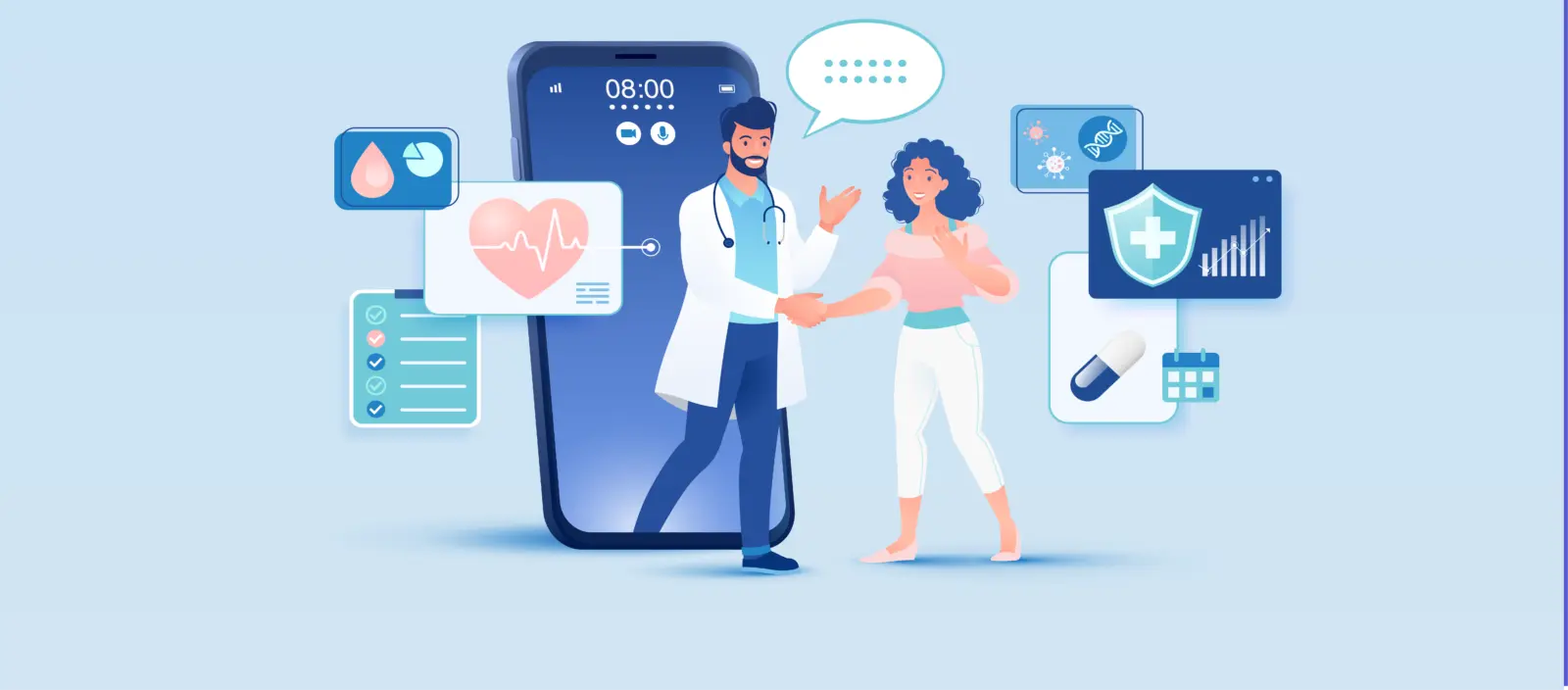AI Agents Won’t Replace Messages On Hold
Reports of the death of hold music may be greatly exaggerated. Recently, I’ve noticed a new trend: articles published or sponsored by AI development companies attempting to leverage the unpopularity of being “on hold.”
“Say goodbye to being on hold,” one boldly claims. Another: “RIP Hold Music.” These flashy headlines try to stir up drama—but beneath the surface, they serve one purpose: to generate hype around the next great AI automation firm.
The Formula: Stir Emotion, Then Pitch a Bot
These articles tend to follow a familiar pattern:
- Start with a problem everyone hates—such as calling your doctor’s office and sitting on hold.
- Cite a massive expense, like the billions spent on healthcare administration.
- Introduce the hero: an AI-powered super-receptionist who can refill prescriptions, update insurance info, and more.
- Then slide in the pitch: fewer human agents needed, fewer hold times. Problem solved, right?
Only, not really. AI Agents Won’t Replace Messages On Hold.
The Flaw in the Fantasy
Sure, automation can handle routine tasks. Many of us already ask Alexa to play music or reorder dog food. But there’s a difference between convenience and care. In the context of something as personal as healthcare, patients want to feel heard and understood—not just processed.
Even the AI agents themselves often admit their limits. One article by AI founders Jeffery Liu and Jon Wang (of Assort Health) says fairly, “AI agents are not going to solve every problem, and nothing will happen overnight.” Unfortunately, their article is titled RIP Hold Music—a misleading conclusion that undermines their otherwise measured tone.
They even go so far as to say AI “would never put someone on hold.” That’s simply not true. Once an AI agent gathers intake information, it may still need to escalate the call to a human—at which point, you’re on hold.
Why Hold Messaging Still Matters
When that inevitable moment arrives—whether due to call volume, complexity, or safety protocols—what do you want your customers to hear? Dead silence? Or a calm, reassuring voice with carefully curated music, sharing helpful insights and reinforcing the value of your brand?
A human-centric, well-designed hold experience is not a relic. It’s a moment of opportunity. Even 30 seconds can make a powerful impression. During the Super Bowl, 30 seconds of attention is worth $8 million. What could your business do with that time?
It’s Not a Battle: It’s a Balance
No one is arguing against progress. We’re excited by the possibilities of automation. AI has enormous potential to make call centers more efficient and accessible—especially for small businesses.
But framing hold messaging as the enemy is disingenuous. Hold music isn’t the problem. Poor experiences are the problem. And AI alone won’t fix that.
A better approach? Use AI to streamline simple interactions and save human resources for higher-value conversations. And during those unavoidable wait moments, deliver messages that inform, reassure, and connect.
Let’s Not Lose the Human Touch
Hold time doesn’t have to be a dead zone. It can be an invitation. A thoughtful pause. A brand-building moment that says: We care enough to make this time pleasant, not painful.
So to all the AI companies shouting “RIP Hold Music,” we say: Maybe don’t write the eulogy just yet.
We’re still here—talking to people, caring for people, and playing great music while they wait.





